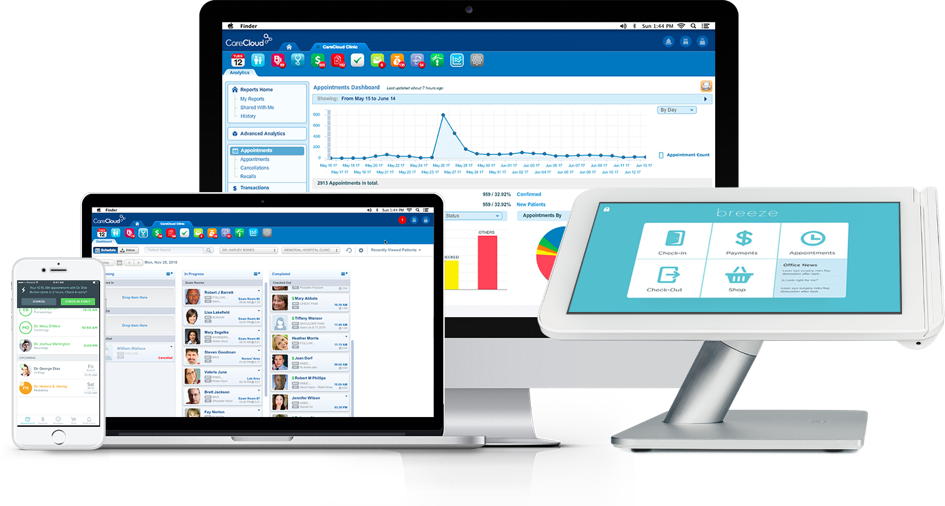Achieving your fitness goals regularly calls for a balanced weight loss program and the right exercise regularly. One of the most important aspects of that is making sure you consume enough protein. Protein is fundamental in muscle restoration, increase, and protection, important for muscle gain and weight loss. This article will guide you via the first-class protein-rich ingredients for muscle advantage, the benefits of a high-protein food regimen, and a few proper protein foods to include in your food.
Why Protein is Important for Muscle Gain
Proteins are made of amino acids that are the constructing blocks of muscle mass. When you engage in power training or excessive physical hobbies, your muscle groups go through stress and microscopic tears. Consuming protein helps repair these tears, leading to muscle increase and multiplied strength. Additionally, an excessive-protein food regimen can usable resource in weight reduction by using growing satiety, boosting metabolism, and keeping lean muscular tissues throughout calorie deficits.
High Protein Diet for Weight Loss and Muscle Gain
A high-protein weight loss program is useful for those trying to lose weight and gain muscle simultaneously. This diet generally entails eating protein-rich meals in every meal to make sure your frame gets a constant supply of amino acids all through the day. Here are a number of the blessings of an excessive-protein food regimen:
Increased Satiety: Protein takes longer to digest than carbohydrates and fat, keeping you full for longer. This can help reduce overall calorie intake and curb unhealthy snacking.
Boosted Metabolism: Protein requires more energy to digest, which means your body burns more calories during digestion than other nutrients.
Muscle Preservation: During weight loss, a high-protein diet helps preserve lean muscle, ensuring that the weight you lose is primarily fat.
Good Protein Foods for Muscle Gain
Including various protein-rich foo ds in your diet can help you meet your muscle gain and weight loss goals. Here are some of the best protein-rich foods to include:
Chicken Breast: A staple in many muscle-building diets, chicken breast is lean, low in fat, and high in protein. A 100-gram serving contains approximately 31 grams of protein.
Eggs: Eggs are a remarkable source of protein and contain vital amino acids. One whole egg provides about 6 grams of protein.
Greek Yogurt: Greek yogurt is thicker and creamier than regular yogurt, with a higher protein content. One serving can contain up to 20 grams of protein.
Fish: Fish like salmon, tuna and cod are rich in protein and omega-3 fatty acids, which help with muscle recovery and general health. 100 grams of salmon contains about 20 grams of protein.
Lean Beef: Beef is an excellent source of protein, iron and vitamin B. opt for lean cuts like sirloin or tenderloin to keep an eye on fat intake. A 100-gram serving of lean pork provides approximately 26 grams of protein.
Cottage Cheese: Cottage cheese is a gradual-digesting protein source, making it best for a bedtime snack to guide muscle restoration in a single day. One cup includes around 28 grams of protein.
Legumes: Beans, lentils, and chickpeas are plant-based total protein sources that can be also excessive in fiber. They are high-quality for vegetarians and vegans looking to enhance their protein consumption. A cup of cooked lentils has about 18 grams of protein.
Protein Shakes: Protein powders, like whey or plant-based protein powders, are convenient for putting up-exercising nutrients. They can quickly offer the vital protein for muscle healing and growth.
Tips for Incorporating Protein into Your Diet
Plan Your Meals: Ensure each meal includes a source of protein. For example, start your day with eggs or Greek yogurt, have chicken or fish for lunch, and include lean beef or legumes for dinner.
Snacks: Choose high-protein snacks like cottage cheese, nuts, or a protein shake to keep you full between meals.
Variety: Mix different protein sources to get a range of amino acids and other nutrients. Combine animal and plant-based proteins for a balanced diet.



